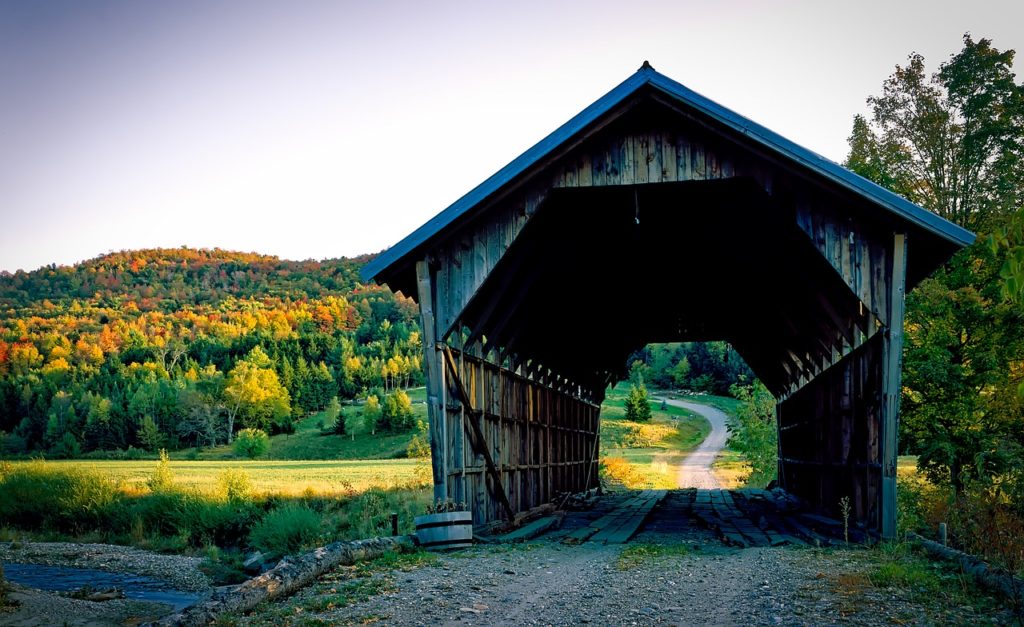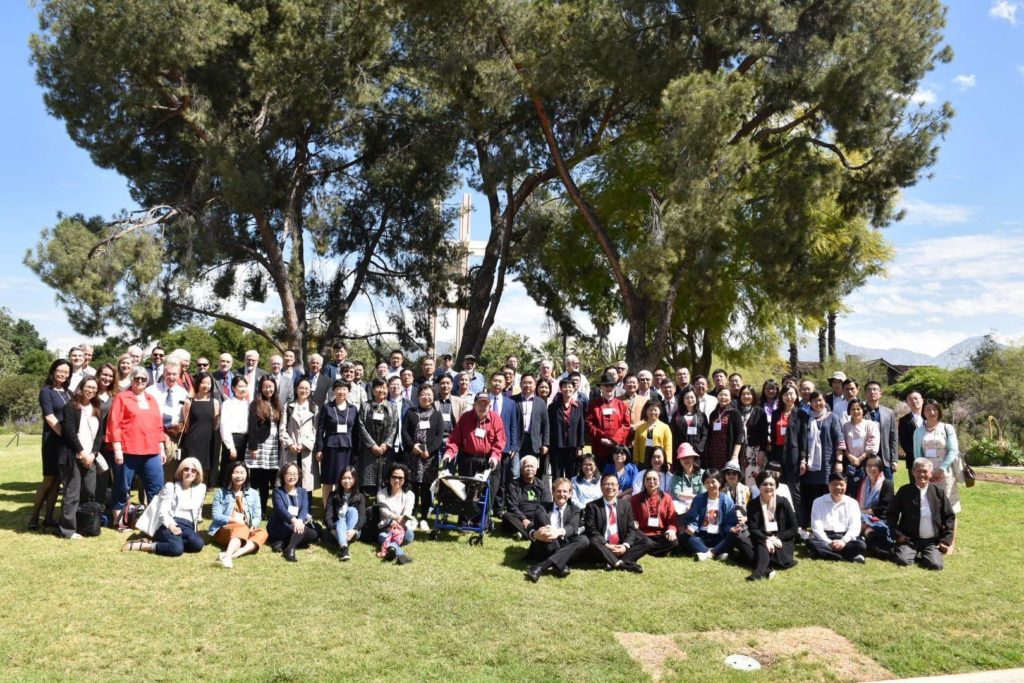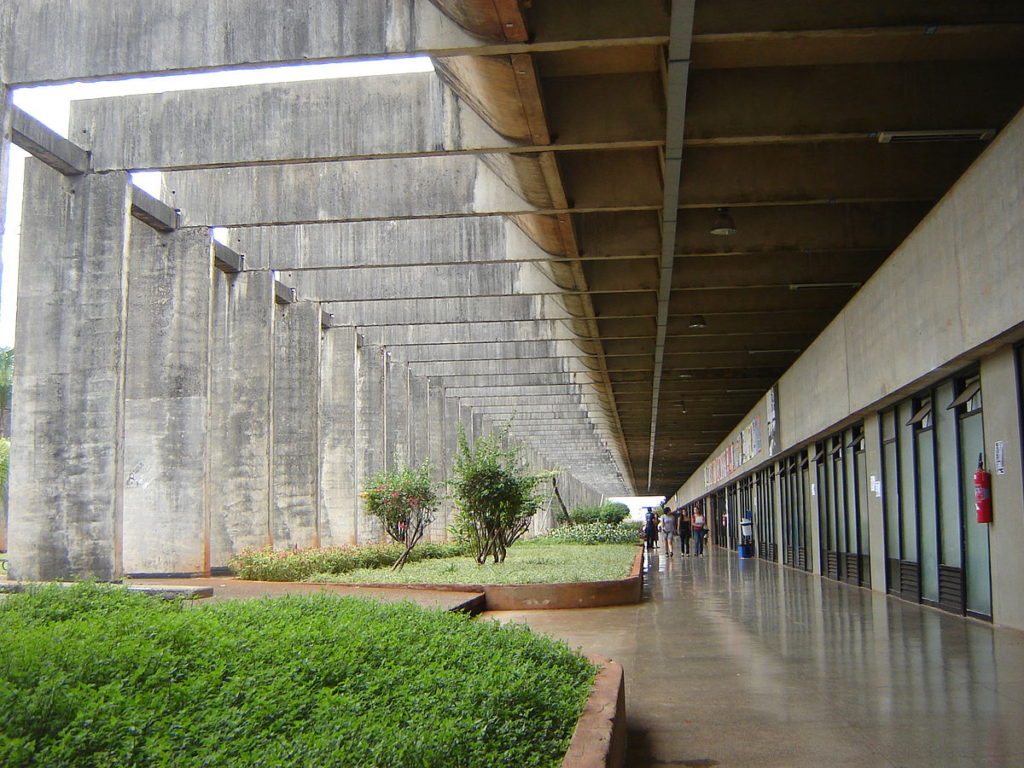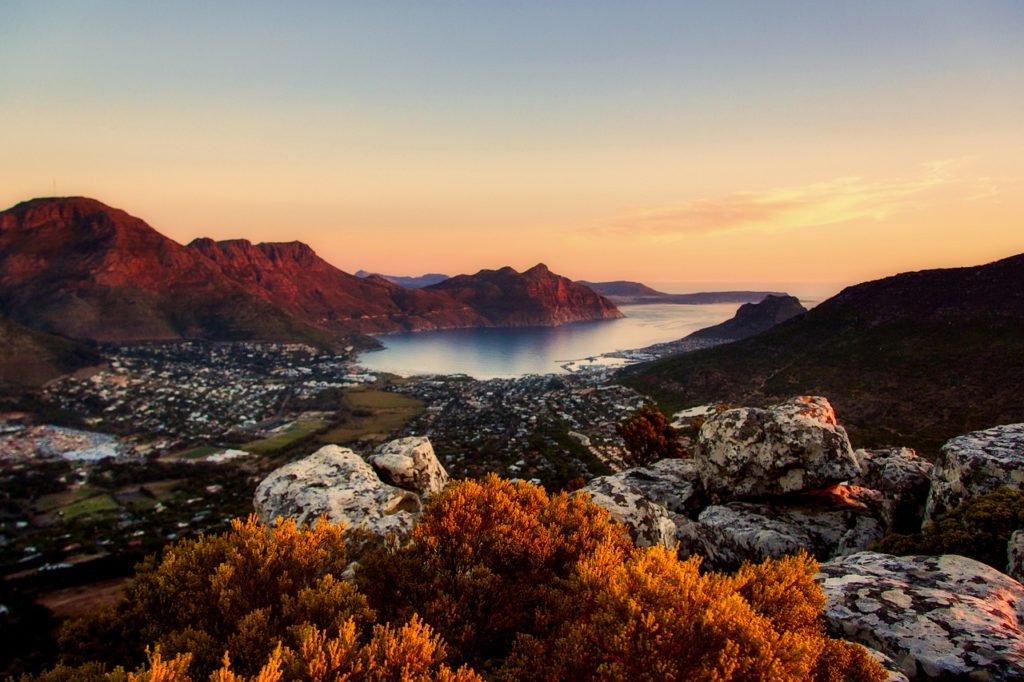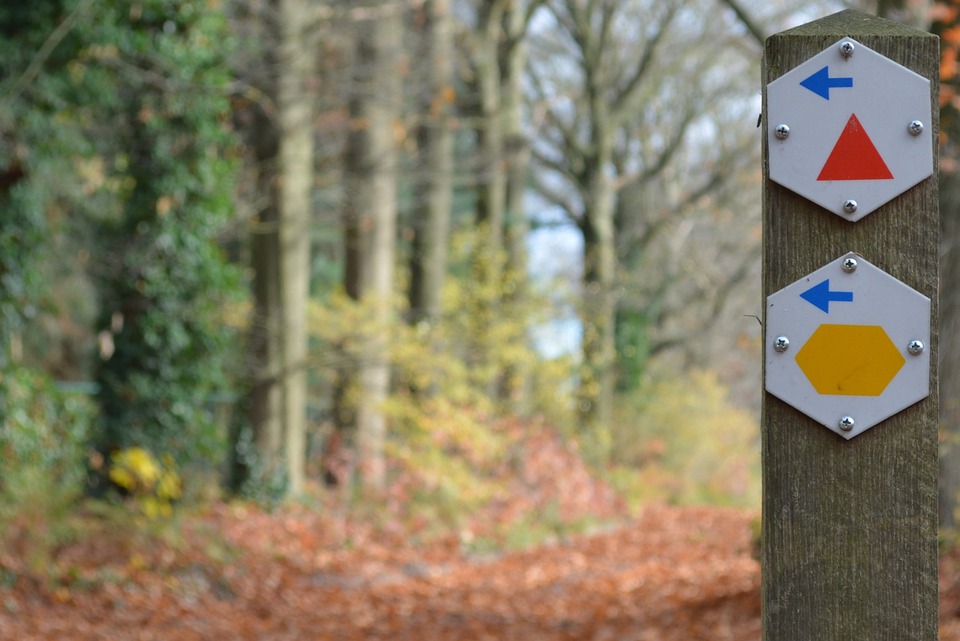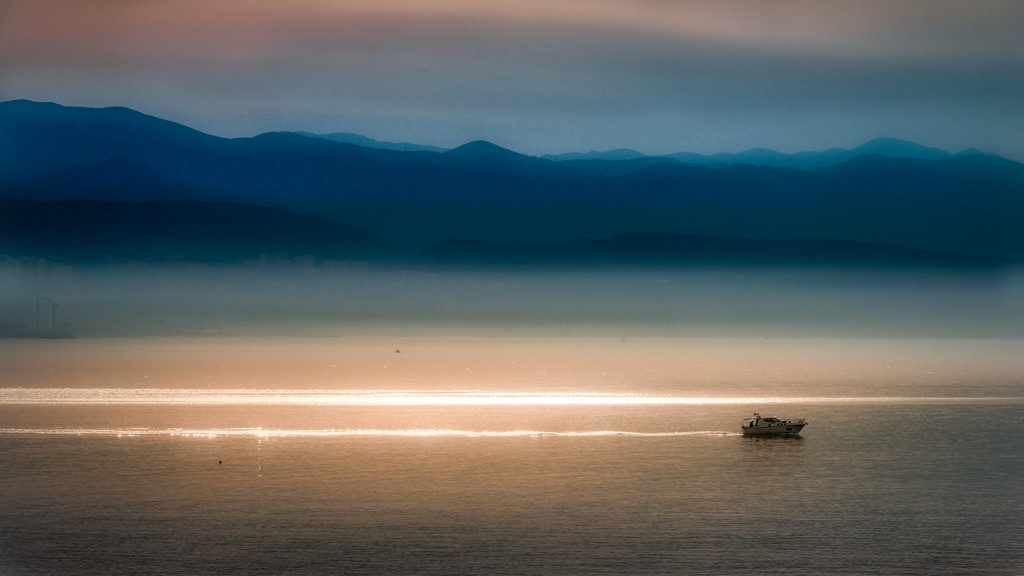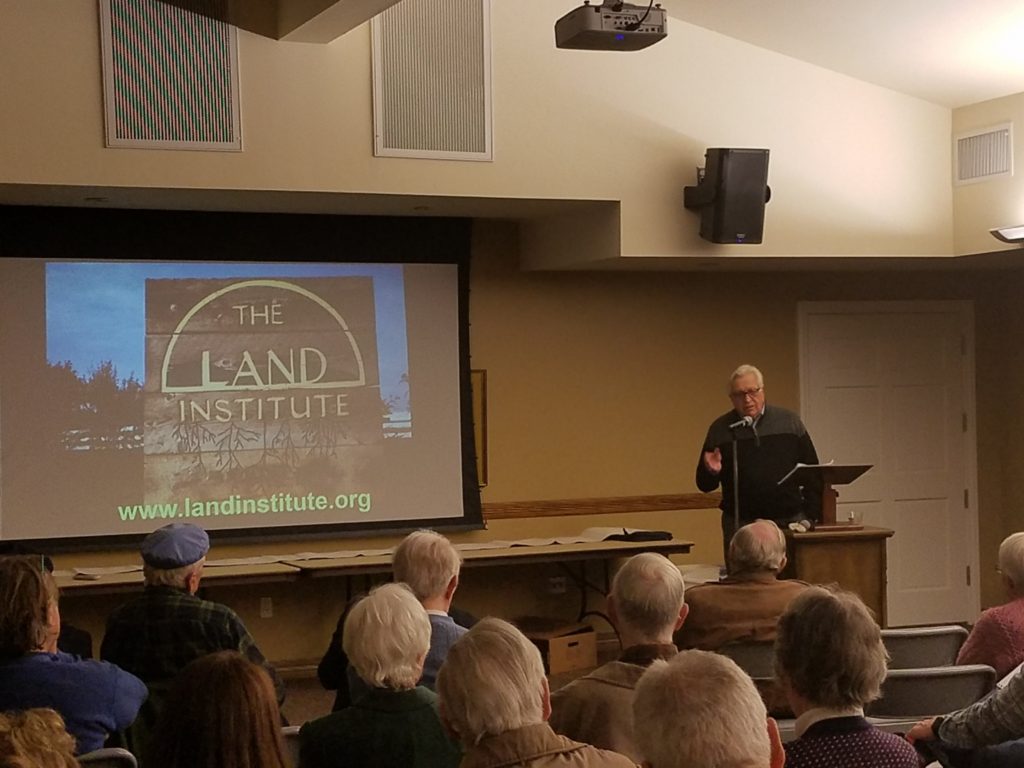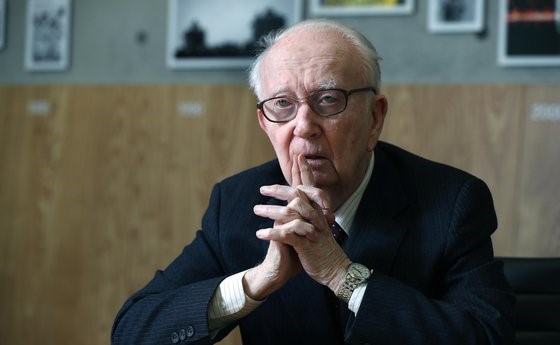Blog
Vermont 2050: Bridging the Urban-Rural Divide
By Kelli Archie When we think about the critical issues associated with the environmental crisis and our survival, what immediately comes to mind are things such as the warming temperatures, rising sea levels, and the decimation of our biodiversity. But there is another issue that will also play a deciding role in our quality of…
Read MoreRethinking the Urban-Rural Relationship
By Jennifer Martin This year (2019) the Institute for Ecological Civilization is in the first stage of a multi-year initiative to collaborate on some of the greatest threats facing modern civilization: rapid urbanization, climate change, and the social and economic problems these will create. As rural migration to urban centers increases, the relationship between cities…
Read MoreInternational Forum Explores Holistic Human Development for Ecological Civilization
By Wm. Andrew Schwartz Over the course of a two-day event at Pitzer College, more than 160 experts from China, the United States, and other countries gathered for an international exchange on latest developments in ecological civilization studies. The 13th International Forum on Ecological Civilization, held in conjunction with the 2nd International Youth Forum on…
Read MoreExploring the Intersection of Whitehead and Ecological Civilization
By Jeremy Fackenthal This summer EcoCiv board member Herman Greene, EcoCiv managing director Jeremy Fackenthal, and Bangalore-based scholar Kurian Kachappily will organize and speak at a session on “Whitehead and Ecological Civilization: Ecology, Ethics, Economics, and Law” at the 12th International Whitehead Conference at the University of Brasilia in Brazil. The conference celebrates the work…
Read MoreCities Facing Escalating Water Shortages: Lessons Learned and Strategies Moving Forward
By Jesse Knapp The City of Cape Town, South Africa experienced in 2017 and 2018 a water crisis so acute that they became the first city in the world to face the possibility of running out of drinking water. Through a combination of water restrictions and techniques for increasing supply, the city was able to…
Read MoreCapitalism vs. Socialism Is a False Choice
By David Korten Economic power is-and always has been-the foundation of political power. Those who control the peoples’ means of living rule. In a democracy, however, each person must have a voice in the control and management of the means of their living. That requires more than a vote expressing a preference for which establishment-vetted candidate will…
Read MoreFixing the Hole in the Boat: The Radical Vision of Ecological Civilization
How do boats float? As a child, growing up along the Columbia River, this was something I found particularly puzzling after seeing massive steel ships glide atop the water. I didn’t understand the science behind displacement and buoyancy, but I did know that if your boat takes on too much water you’re going for a…
Read MoreFarmers and Philosophers: Agriculture and Philosophies of Organism
Agriculture has always been a defining characteristic of civilization. Yet unsustainable agricultural practices are a major reason why we now find ourselves in the midst of a serious environmental crisis. While discussions about regenerative and sustainable agricultural practices are increasingly common, there is still very little work being done to analyze the underlying frameworks―the worldviews―that ground…
Read MoreTwo elder scholars asked, “Are you happy?”
By Kumsil Kang, Executive Director of People for Earth, lawyer Two elder scholars from the United States visited Korea to attend the International Conference on Transition Cities hosted by Seoul on November 11, and the International Conference on Ecological Civilization held at Paju from December 12 to 14. They were John B. Cobb, Jr., Professor…
Read More“If Jesus is born now, he would first save the ruined environment”
An interview with international ecological theologian John Cobb By Kim Hwan Young All belief systems, including philosophy, religion, and ideology, continue to change and evolve. The conservative insistence on maintaining the purity of heritage from founders and doctrines often fails to meet the practical need to adjust to worldly changes. But if there is excessive…
Read More

